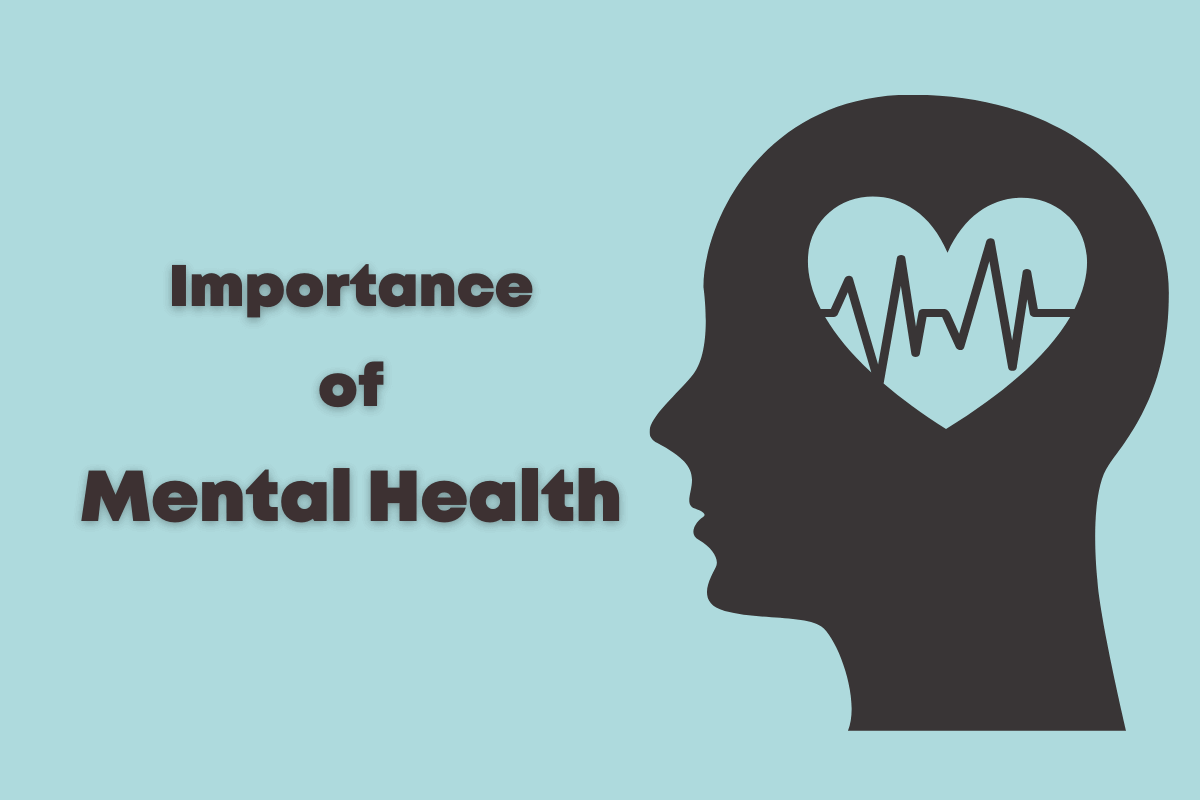The Crucial Role of Mental Health in the Workplace
Mental health is a critical component of our overall well-being, influencing how we think, feel, and behave in various aspects of life, including our careers. It encompasses our emotional, psychological, and social well-being, and it’s vital at every stage of life. Mental health issues can affect anyone, regardless of their background or circumstances, and can be triggered by various life events, such as the loss of a loved one, abusive relationships, or juggling education and parenting.
Understanding Mental Health
Mental health is defined by the World Health Organization as “a state of well-being in which an individual realizes his or her own abilities, can cope with the normal stresses of life, can work productively and fruitfully, and is able to make a contribution to his or her community.” This definition highlights the importance of mental health in our ability to function and contribute effectively in our personal and professional lives.
Balancing Mental Health and Work
Balancing mental health and work responsibilities is a delicate act. Research suggests that self-perception plays a significant role in mental well-being. It’s crucial to allocate time for both professional duties and personal growth. Strong family and social connections often lead to healthier mental health outcomes. For those lacking a support network, it’s important to actively seek out and establish connections through clubs, classes, or support groups.
Embracing Change for Better Mental Health
Change can be a positive force in maintaining mental health. Small adjustments, such as personalizing your workspace with motivational quotes or discussing concerns with a supervisor, can make a significant difference. These changes can break the monotony of a work setting and contribute to a more positive mental state.
Setting Realistic Goals
Setting and achieving realistic professional and personal goals can enhance self-worth and satisfaction. It’s important to document the steps needed to achieve these goals and to seek feedback to stay on track. Avoid over-scheduling and over-compensating to prevent burnout and maintain a healthy work-life balance.
Managing Stress Effectively
Seeking help for mental health challenges is a sign of strength, not weakness. Those who receive appropriate care can recover and lead fulfilling careers. Effective stress management is essential, and research has shown that laughter can boost the immune system, ease discomfort, and reduce stress. Maintaining a sense of humor and a positive outlook can help navigate life’s challenges.
The Unspoken Statistics of Mental Health in the Workplace
While mental health awareness is growing, there are still many statistics that are not widely discussed. For instance, according to the World Health Organization, depression and anxiety disorders cost the global economy $1 trillion each year in lost productivity. Additionally, a study by Mind Share Partners, SAP, and Qualtrics found that 60% of employees have never spoken to anyone at work about their mental health status.
Furthermore, the American Institute of Stress reports that job stress is the leading source of stress for American adults and that it has escalated progressively over the past few decades. This highlights the need for more proactive measures in the workplace to address mental health concerns.
In conclusion, mental health is a vital aspect of our lives that significantly impacts our career success. By understanding its importance, embracing change, setting realistic goals, and managing stress effectively, individuals can improve their mental well-being and achieve professional fulfillment. Companies that support mental health initiatives can also benefit from increased productivity and employee satisfaction.


